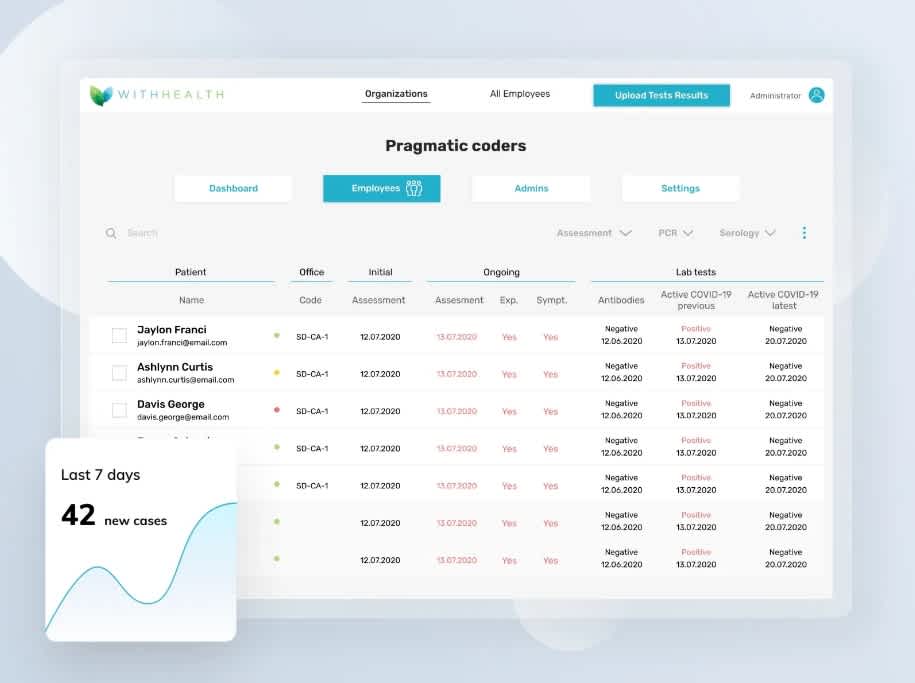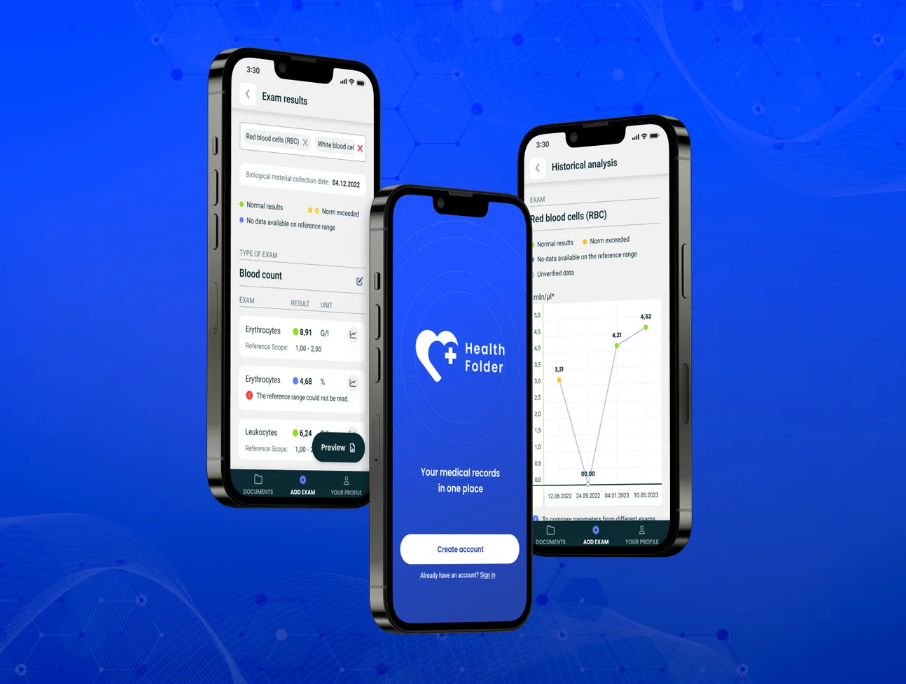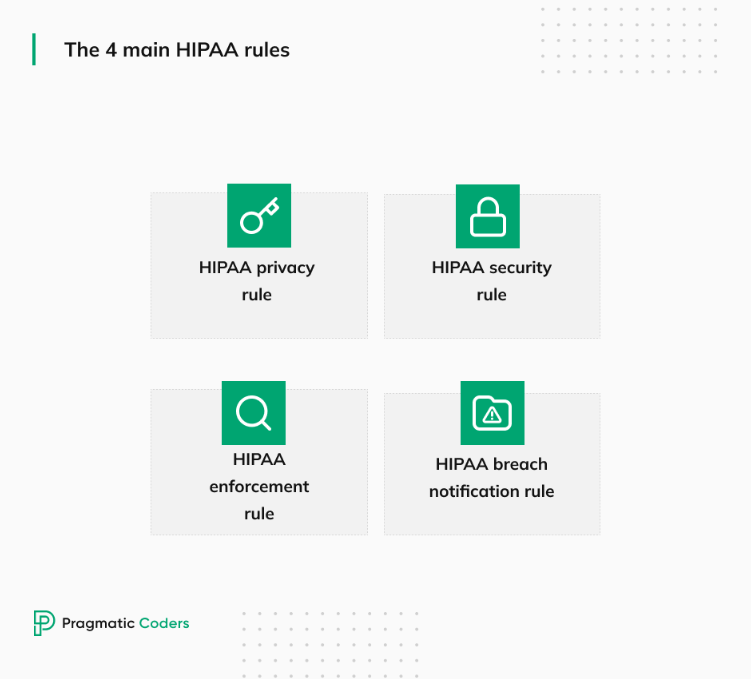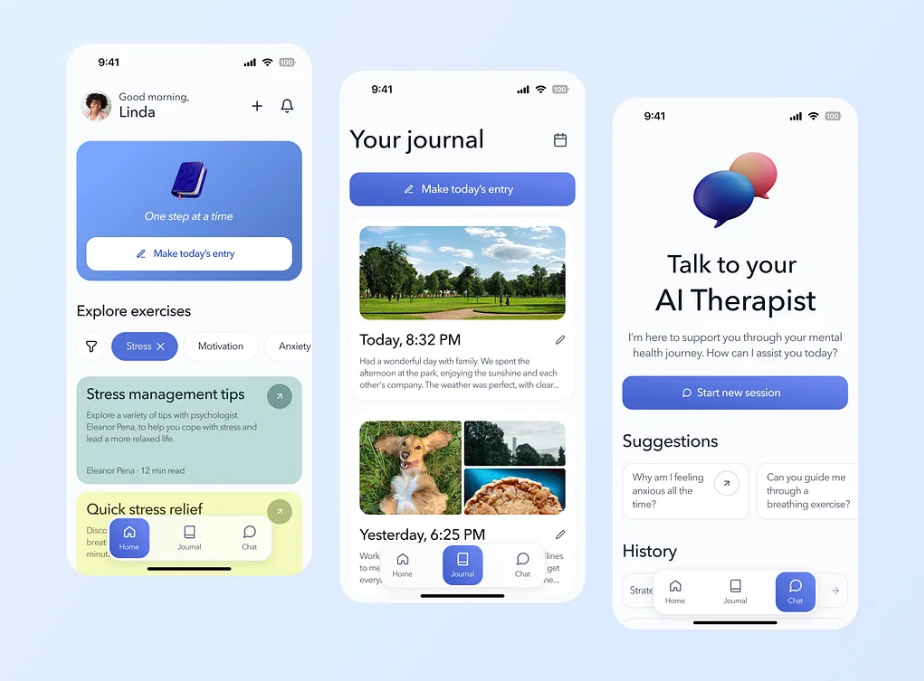Streamlining Communication in Healthcare With Project Management Software
ByJulian Gette
Workast publisher
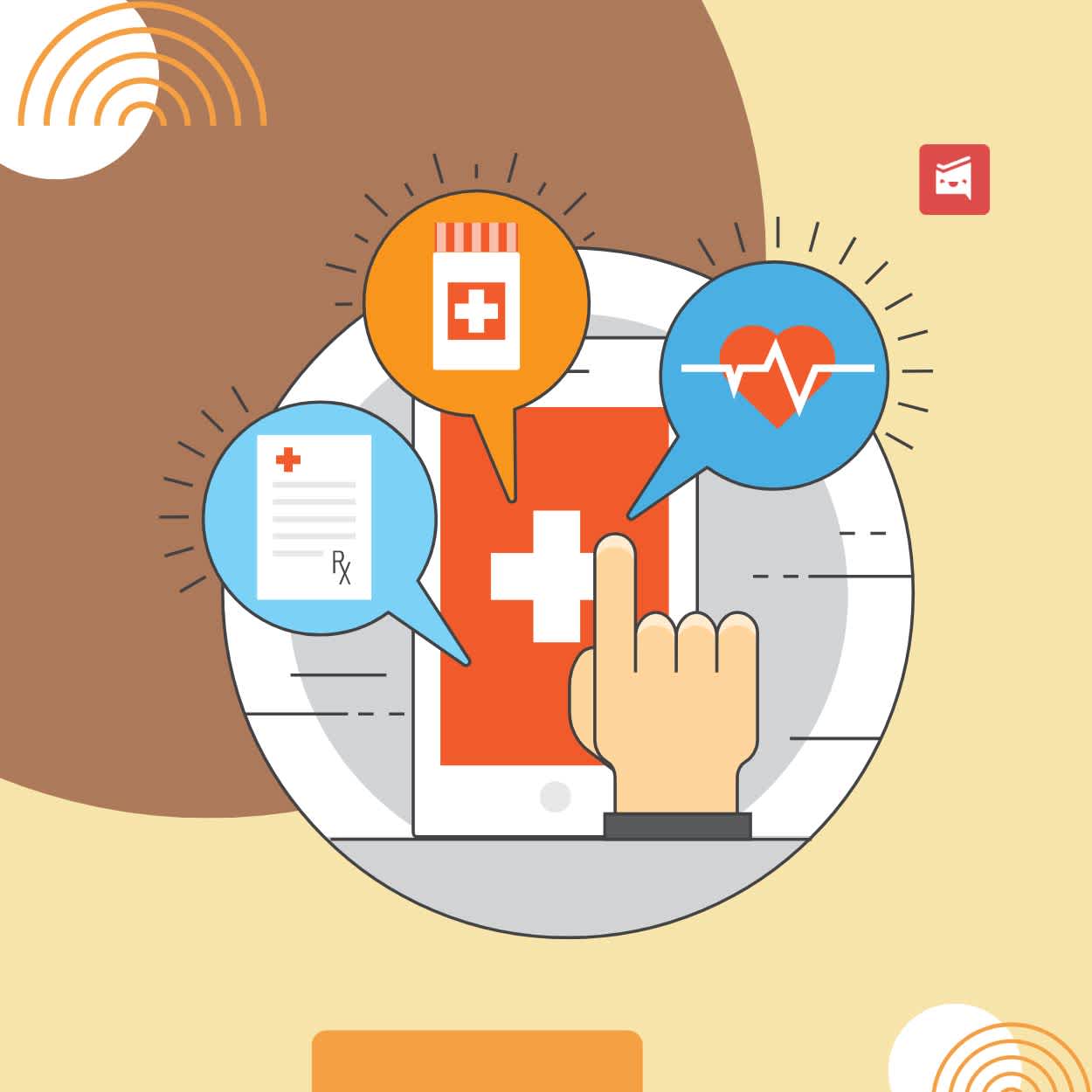
Workast publisher
As medical facilities grow, they face problems in managing staff, tasks, and information. Project management software can help with this by improving communication and organizing tasks.
These tools are no longer just for tech companies. Hospitals, clinics, and other medical organizations can use them, too.
But do they really make such a big difference? Let's look at some important ways project management software is transforming healthcare.
Project management software boosts healthcare communication and efficiency by organizing tasks and improving teamwork.
Electronic Health Records and telehealth platforms make it easier for patients to access information and care, increasing their involvement and satisfaction.
Healthcare can save money by using resources more wisely and improving billing and insurance processes with project management tools.
Scalability and customization help healthcare institutions adapt to changing needs, ensuring long-term success and staying competitive.
The use of AI, system interoperability, and mobile-friendly solutions are important trends shaping the future of healthcare management.
Communication in healthcare is often more complicated than it seems. With nurses, doctors, administration staff, and patients all needing to stay informed, things can quickly get confusing.
Project management software helps by making sure everyone knows their role, which makes communication simpler and reduces chaos.
This software works as a central hub for all communication. Instead of spreading information across emails, phone calls, or sticky notes, important details are stored in one place. Thanks to it, it's easier for healthcare workers to find and share information.
For example, if someone needs to know about a patient's dietary needs, they don't have to search through many files. It's all accessible with just a click.
Some medical centers go a step further by working with a medical software development agency to customize these tools. This way, the software meets their specific needs, ensuring all crucial information is easy to access.
Project management tools also help with assigning tasks and tracking progress. Everything can be updated and monitored in real time so everyone knows their responsibilities and deadlines.
This clarity helps prevent jobs from being repeated or missed.
In healthcare, every minute matters. Project management software speeds up tasks by automating routine jobs, like sending reminders for important deadlines, meetings, and appointments.
These tools allow for the customization of workflows to fit the specific needs of different healthcare places. The software can be adjusted to match the facility's operations, ensuring everyone stays on schedule.
At the same time, with features like analytics and reporting, these tools provide insights into how things are running. In emergency medical settings, integrated EMS reporting software offers real-time data capture, streamlined documentation, and compliance tracking—all critical for optimizing care and meeting regulatory standards. Managers can use dashboards and visual aids to spot slowdowns and areas to improve.
By having a clear view of operations, healthcare facilities can apply focused strategies to speed up patient care and handle administrative tasks more effectively.
Patients expect clear and quick responses from their healthcare providers. As a result, tools that enable real-time interactions are becoming more and more important.
With project management software, medical staff can easily set up systems to alert patients about their upcoming appointments, medication schedules, or updates on their diagnosis and treatment.
Such a system doesn't just keep patients well-informed but also reduces missed appointments and leads to better health outcomes.
Moreover, having secure communication channels allows patients to contact their healthcare providers directly. They don't have to deal with many layers of administration just to ask a simple question or seek advice.
This direct communication helps build trust and reliability, which are crucial elements of a successful patient-doctor relationship.
Sharing data in healthcare needs to be secure. Project management software protects sensitive patient information while allowing authorized personnel to access it.
Many of these software solutions are designed with HIPAA compliance in mind, using strong data encryption and secure access measures. Features like audit trails and access logs keep track of every action or access to data, adding extra transparency and accountability.
By strictly following legal standards and protecting against data breaches, project management tools keep patient records safe and protect institutions from potential legal issues.
Using digital tools can increase patient involvement by making healthcare interactions more personalized and easier to access.
Technologies like Electronic Health Records (EHR) systems let patients access their medical information at any moment, giving them more control over their health.
Telehealth platforms remove geographical barriers, allowing patients to consult with healthcare providers from the comfort of their own homes.
Appointment scheduling software reduces wait times and makes booking easier, which boosts patient satisfaction.
Incorporating these technologies into healthcare practices results in more informed patients, better communication, and improved health outcomes.
Project management software might not often be associated with financial savings, but these tools can significantly reduce costs for healthcare institutions.
Optimizing operations and increasing efficiency help organizations avoid unnecessary expenses and use resources more wisely.
Automating administrative tasks helps decrease the need for extra staffing, allowing healthcare facilities to direct funds towards more important areas like patient care.
With clear task assignments and process tracking, billing mistakes are reduced, and claims are processed faster. This leads to quicker reimbursements and healthier cash flow.
Healthcare is always changing, and what works today can quickly become outdated. Project management software offers scalability, allowing institutions to grow without having to overhaul their entire system.
These tools are designed to adapt as facilities expand, allowing them to add new features as needed. This flexibility ensures clinics and other healthcare institutions can offer the latest in care without missing a step.
So, by keeping up with technological advancements, healthcare facilities secure their long-term success and maintain a competitive edge in a market that's becoming more informed and demanding every day.
Healthcare project management software is perfect for managing tasks, which helps teams efficiently organize and track project activities. It includes real-time collaboration features that enable healthcare professionals to communicate smoothly, reducing delays and speeding up project completion.
With different viewing options like Kanban boards and calendars, teams can see tasks and deadlines clearly, improving workflow management. Dashboards and reporting functions provide insights into project progress, allowing for informed decision-making.
At the same time, the software's no-code technology allows users to customize their workflows without needing coding skills.
Platforms like Microsoft Project, Adobe Workfront, and Clarizen stand out for managing complex projects while ensuring efficient work and collaboration. Each offers unique features that address different aspects of healthcare project management:
Microsoft Project: Known for its ability to schedule and track projects, Microsoft Project is ideal for efficiently managing timelines and resources.
Adobe Workfront: It offers tools tailored for marketing and creative workflows, providing flexible project management solutions perfect for healthcare marketing teams.
Clarizen: This platform delivers enterprise-level project and portfolio management, offering tools suited for aligning and executing large-scale projects.
Project management software offers many benefits, such as better collaboration, improved compliance with regulations, and the ability to monitor activities in real time. We've already talked about those before.
However, adopting new software isn't always smooth sailing. Many organizations encounter resistance from staff who are not comfortable with new technologies.
Additionally, training staff to use these tools can be costly and take time, which affects the overall cost-effectiveness of implementation.
Data security remains a big concern, so strong measures are needed to protect sensitive patient information.
Besides, integrating new software with existing systems can be tricky and time-consuming. If done incorrectly, it can do more harm than good.
Several trends are shaping the future of healthcare management. Let's examine some of the most promising options.
These advanced technologies are enhancing operational efficiency and patient care. For example, their capabilities in data analysis allow for rapid processing of vast amounts of medical data, which previously took much longer to analyze.
Predictive modeling, powered by AI, is now a cornerstone of modern healthcare practices. Doctors can use it to anticipate potential health issues before they become critical, enabling early interventions and better outcomes for patients.
There's a growing push for more interoperable systems that allow for seamless data exchange between different healthcare platforms. This seamless sharing of information has significant advantages.
Thanks to this technology, doctors and care providers gain a comprehensive view of patient history and treatment plans. With all patient data at their fingertips, healthcare professionals make better-informed decisions.
In recent years, there's been a significant increase in the use of mobile-friendly solutions within the healthcare industry. These solutions allow healthcare professionals to retrieve real-time information wherever they are.
Whether in the hospital or on the move, doctors and nurses can now quickly access critical patient data.
As technology continues to advance, we can expect these mobile-friendly tools to become even more integral in everyday medical practices.
In a world where digital transformation can make or break industries, project management software offers healthcare a pathway to improved communication, efficiency, and patient satisfaction.
These tools are versatile solutions that handle collaboration, streamline patient interactions, and optimize resource management.
By adopting these solutions thoughtfully, healthcare institutions are heading toward a future where communication obstacles are removed and patient care is more efficient and compassionate than ever before.

